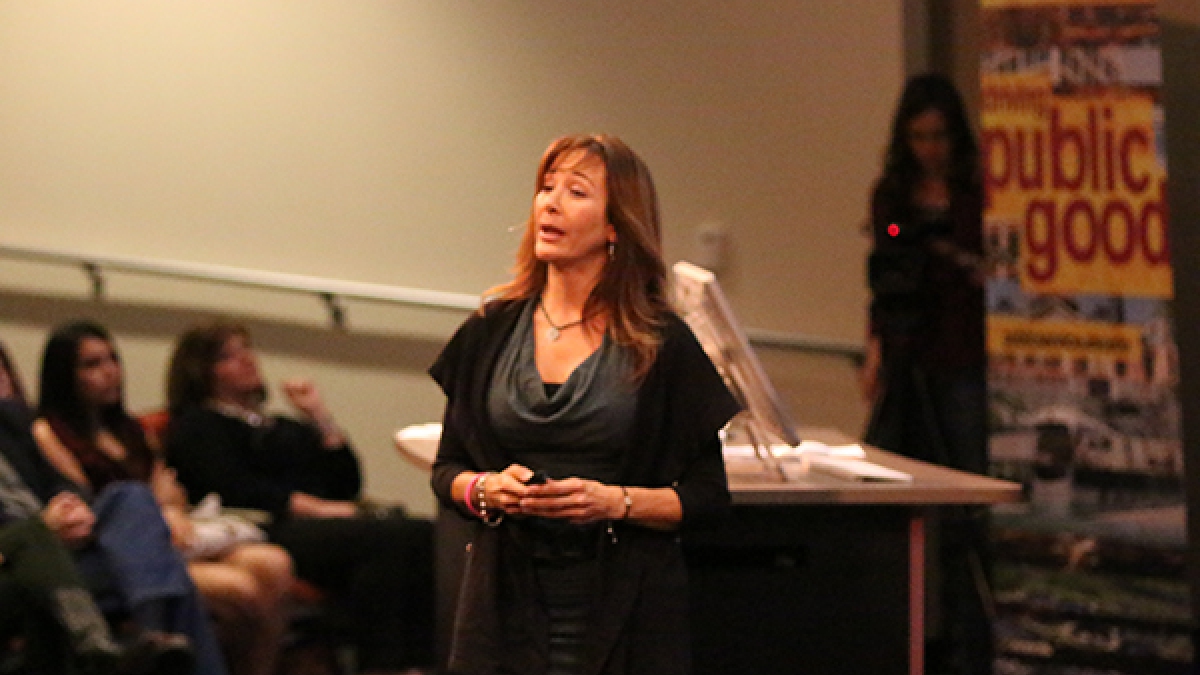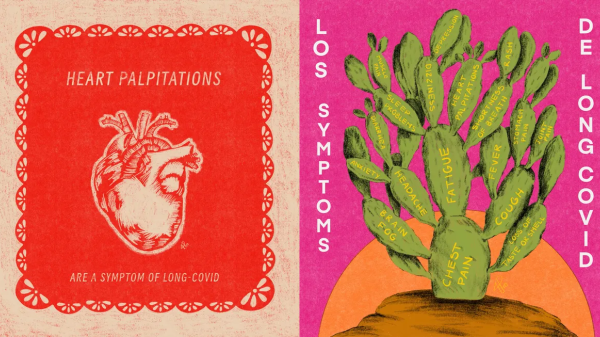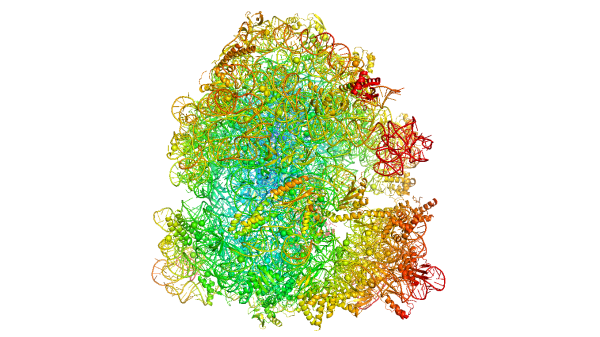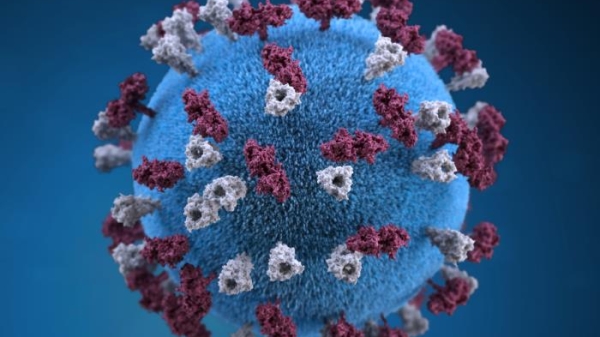Advocating for stillbirth prevention

Joanne Cacciatore is an expert on traumatic loss. She will be sharing advancements in research and prevention of stillborn deaths at a symposium at Johns Hopkins.
Nearly 3 million children are stillborn every year. The majority of stillbirths globally are preventable (related to medical care and labor). But historically, little research has been done to address the issue.
Over the course of her academic career Joanne Cacciatore, an associate professor in the Arizona State University School of Social Work, has had a hand in completely shifting attitudes toward these deaths.
“Before 2001, you wouldn’t get a birth certificate, just a death certificate,” she said.
Arizona was the first state to change that, followed by 36 more states.
Stillbirths were not on the National Institutes of Health research agenda until 2003. Then, in 2011, The Lancet, a leading medical journal, published a series of articles to better explore current knowledge and set an action plan to halve stillbirth rates by 2020. Cacciatore is a coauthor of the article that launched the series.
One of the first takeaways from the series was the glaring lack of data. Stillborn deaths are not included in infant mortality rates.
“In times of global focus on motherhood, the mother’s own aspiration of a liveborn baby is not recognized on the world agenda,” the authors noted.
As a result, little had been done to research the causes, interventions, costs and cultural drivers that could help improve global birth rates.
“Stillbirth takes the lives of more infants than all other causes combined,” said Cacciatore. “And in half of the cases in the Western world, we don’t know why.”
With knowledge of the causes, professionals could better develop interventions and prevention strategies.
Cacciatore has been very involved in driving efforts at the state and federal levels, including recognition of the emotional and economic toll.
“The grief of mothers might be aggravated by social stigma, blame, and marginalization in regions where most deaths occur,” authors said.
Family systems vary. She has noted a lack of consistency in providing bereavement care to mothers, fathers and children of families who have experienced a loss. There is also significant investment in planning for a baby’s arrival including medical care, home preparation and supplies.
“There are both psychological and economic costs to the family and to society,” she said.
Research in the area has continued to grow since The Lancet series was published.
Cacciatore will be speaking on the topic at the Johns Hopkins Bloomberg School of Public Health on November 16. Her symposium on cultural perspectives in psychosocial support after the death of a baby covers research from a public health perspective: psychologically, emotionally and socially.
"We need to continue to understand the tragedy of a baby's death at the macro level, even intergenerationally, and try to reduce the high mortality rate. And psychologically our culture needs to be educated on the long-term psychosocial effects on mothers and fathers and families: ultimately traumatic grief affects us all," she said.
More Health and medicine

Health communication program brings long COVID awareness to Latinos
After COVID-19 hit the Latino community especially hard, Gilberto Lopez created COVIDLatino, a health communication program…

Gates Foundation to fund research on antibiotic resistance
Antibiotic resistance, what happens when germs develop the ability to defeat the drugs designed to kill them, is a growing…

ASU epidemiologist on the rise in US measles cases
The Centers for Disease Control and Prevention issued an alert this month about a rise in measles cases worldwide. And as of…